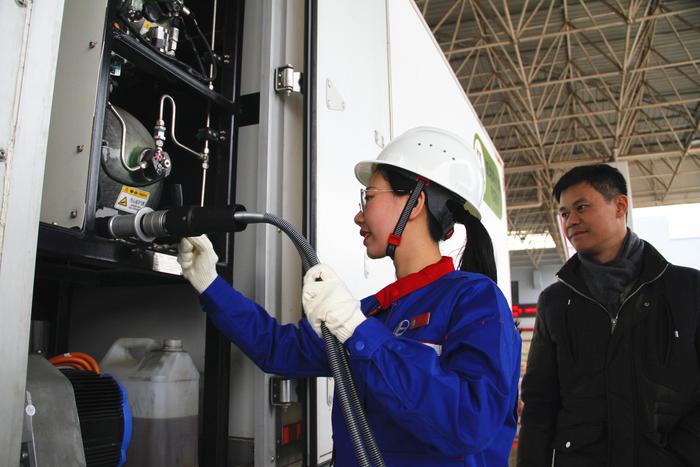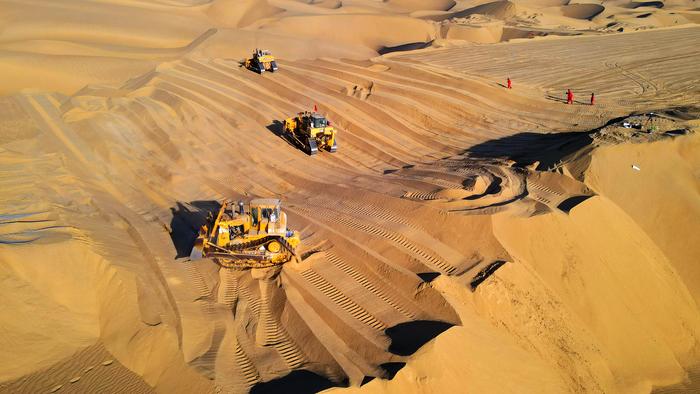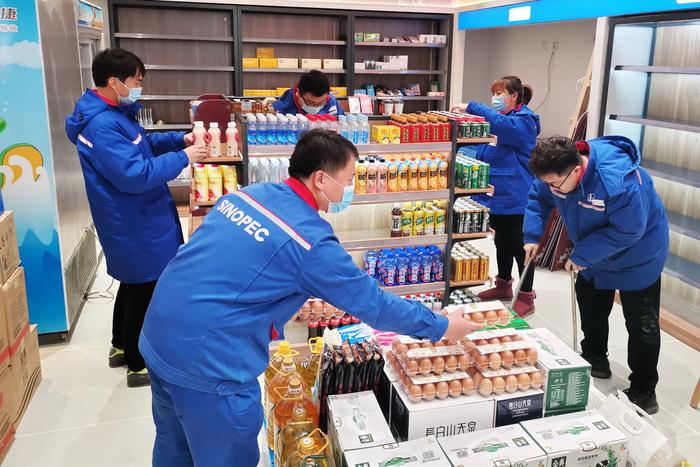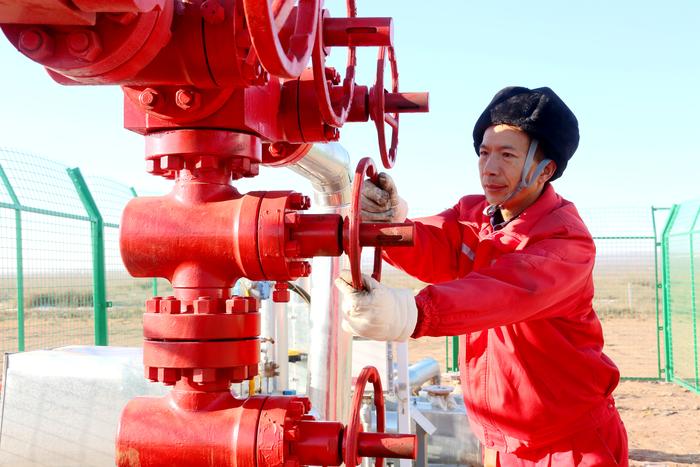|
| 2020-12-18 来源: 中国石化新闻网 |
| 石化新闻 |
中国石化新闻网讯 据彭博社12月15日报道,欧佩克主席重申,欧佩克在明年初不应急于增产。并表示,由于新冠肺炎疫情在世界不少地区肆虐,能源需求仍然脆弱。 欧佩克轮值主席、阿尔及利亚能源部长阿塔尔(Abdelmajid Attar)表示,无法保证欧佩克及其盟友在4月前将原油产量提高200万桶/天,即便已于12月初达成了“逐步”达到这一水平的协议。 随着各国政府宣布将推出疫苗,布伦特原油价格自11月初以来已飙升逾33%,至每桶50美元左右。但今年以来,仍下跌了24%。随着美国和欧洲部分地区加紧封锁,欧佩克于周一将2021年第一季度全球燃料消耗量的预期下调了100万桶/天。 阿塔尔在接受采访时表示:“尽管出现了积极的迹象,油价也有显著改善,但我认为我们应该保持非常谨慎的态度。在最好的情况下,最早将在4月份将产量提高200万桶/天,但值得一提的是,这个增产幅度本身并不是一个目标,重要的是确保全球石油库存继续减少,确保我们正走在市场持续稳定的道路上。” 欧佩克及俄罗斯等产油国决定从明年1月起每天向原油市场增加50万桶原油的供应,然后每月举行会议,讨论之后一个月的具体产量协议,这低于该组织4月份同意的每天200万桶的增产幅度。当时,在疫情最严重的时候,为了支撑油价,欧佩克+将石油日产量削减了约1000万桶。 欧佩克+产油国的能源部长们将在2021年1月4日举行下一次线上会议,这次会议或将面临很紧迫的问题,因为一些成员国热衷于增加生产,以提振陷入困境的经济沙特阿拉伯在12月的会议上与阿联酋发生了冲突,原因是阿联酋抱怨其供应配额过低。自4月份协议达成以来,伊拉克、尼日利亚和安哥拉等其他成员国已多次突破产量上限。 不过阿塔尔表示,欧佩克+产油国们对2021年前的供应政策是统一的。他表示:“我认为,我们今年经历的危机加强了我们的合作。我相信,我们已经建立了一个可持续的长期合作框架。”他赞扬了俄罗斯的减产控制,尽管莫斯科方面没有完全达到减产配额目标。 他指出:“我们对非欧佩克国家的总体贡献非常满意,特别是俄罗斯。自2020年5月以来,其合规率在95%至98%之间波动。这是一个非常令人满意的数字。预计能源需求将在2021年下半年上升。随着对各经济体的新财政支持政策到位,疫苗的快速和广泛应用前景看好,这对石油市场来说是一个好兆头。” 此外,阿尔及利亚将2021年的预算建立在45美元/桶的油价基础上,其国有石油和天然气公司Sonatrach预计中期油价在每桶40美元至50美元之间。 王佳晶 摘译自 彭博社 原文如下: OPEC's president says oil cartel cannot rush output increases The president of OPEC reiterated that the oil producers’ cartel shouldn’t rush to increase output early next year and said energy demand was still fragile with the coronavirus raging across parts of the world. Algeria’s Energy Minister Abdelmajid Attar, who holds OPEC’s rotating presidency, said there was no guarantee the group and its allies would raise crude production by 2 million barrels a day by April, even after an agreement earlier this month to reach that level in steps. Brent crude has soared more than 33 per cent since the start of November to around US$50 a barrel as governments announced the roll-out of vaccines. Yet it’s still down 24 per cent this year. And with cases surging in the U.S. and parts of Europe tightening lockdowns, OPEC on Monday cut its forecast for global fuel consumption in the first quarter of 2021 by 1 million barrels a day. “Despite the positive signs and a significant improvement in oil prices, I think we should be very cautious,” Attar said in an interview. “In the best-case scenario, we will be able to reach 2 million barrels daily as early as April. But this is not a goal in itself. What is important is to ensure that the global oil inventory surplus continues to erode, and that we are on the path to lasting market stabilization.” OPEC+, an alliance between the Organization of Petroleum Exporting Countries and others such as Russia, decided to add 500,000 barrels a day to crude markets starting in January and then hold monthly meetings on subsequent moves. That was less than the increase of 2 million barrels the group had agreed to in April. Back then, at the height of the pandemic, it slashed output by around 10 million barrels daily to prop up prices. The group’s energy ministers have their next virtual gathering on Jan. 4. It could be another tense affair, with some members keen to increase production to boost their struggling economies. Saudi Arabia, OPEC’s de facto leader, clashed with the United Arab Emirates at this month’s meeting after the latter complained its quota was too low. Other members such as Iraq, Nigeria and Angola have breached their output caps on various occasions since the April deal was struck. Still, Attar said OPEC+ was unified heading into 2021. “The crisis we have experienced this year has, in my opinion, strengthened cooperation,” he said. “I believe that we have built a sustainable and long-term framework for cooperation.” He commended Russia for the extent of its production curbs, despite Moscow not fully reaching its targets. “We are very satisfied with the overall contribution of the non-OPEC countries, especially Russia,” he said. “Its compliance rate has varied between 95 per cent and 98 per cent since May 2020. This is a highly satisfactory figure.” Attar expects energy demand to rise in the second half of 2021. “The new financial support for the economies that are being put in place, and the prospects for a rapid and broad deployment of vaccines, bode well” for the oil market, he said. Algeria has based its 2021 budget on an oil price of US$45 a barrel, with state oil and gas firm Sonatrach forecasting somewhere between US$40 and US$50 in the medium term, Attar said. |








